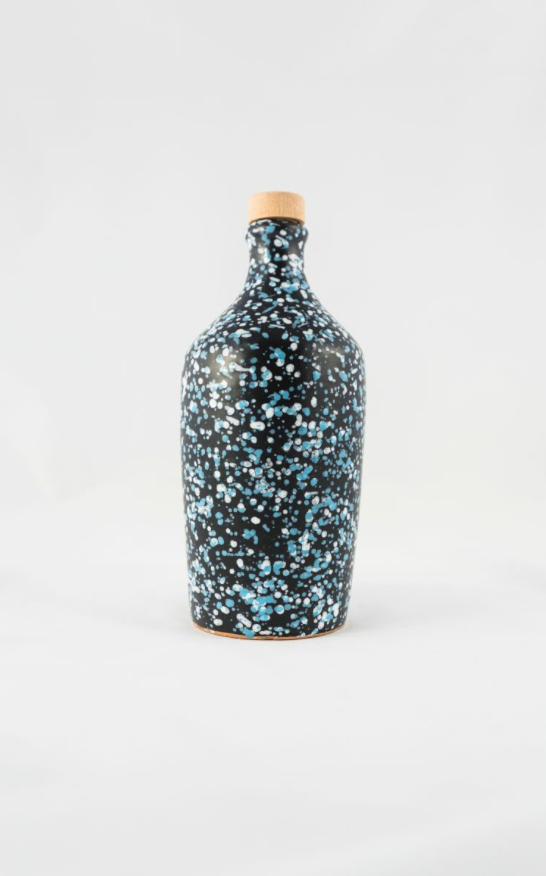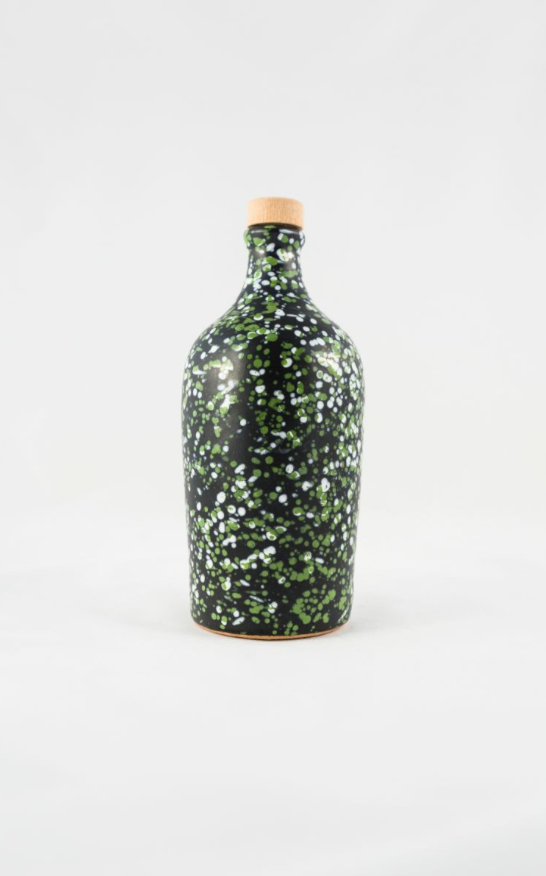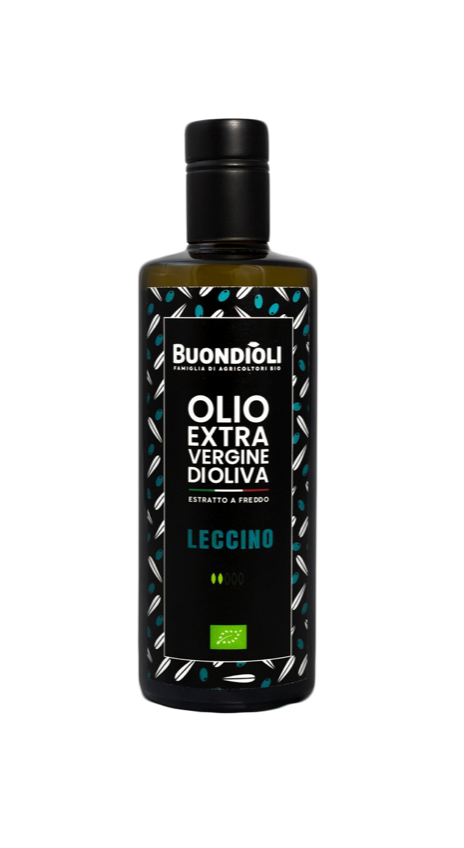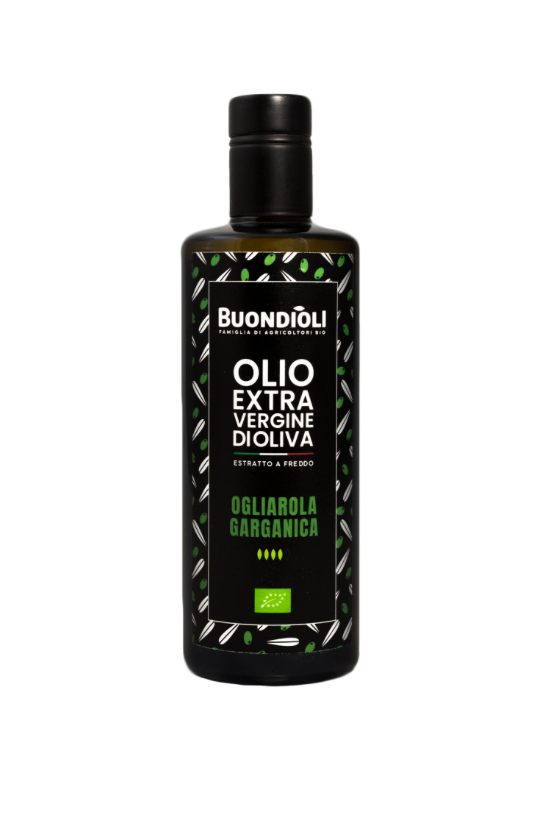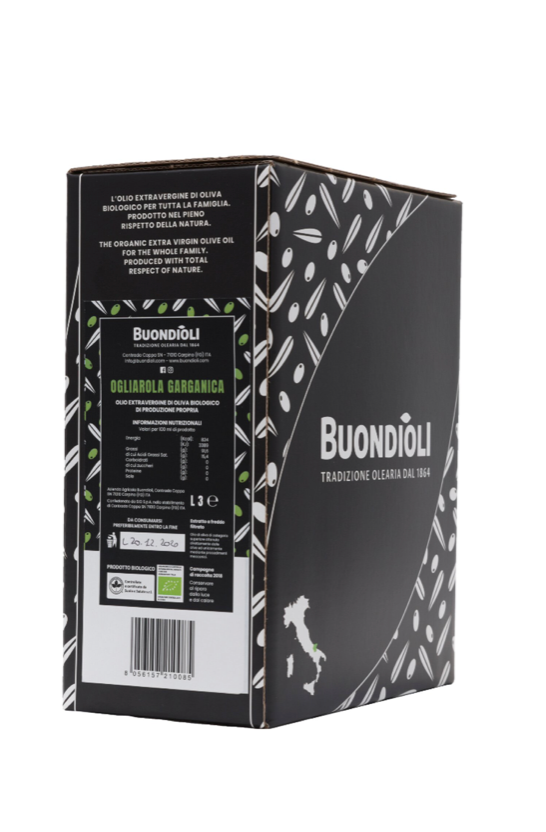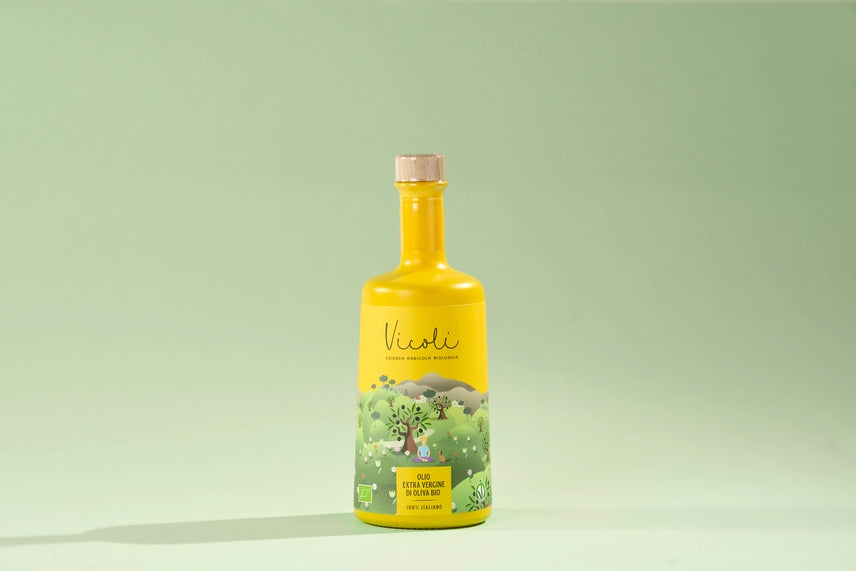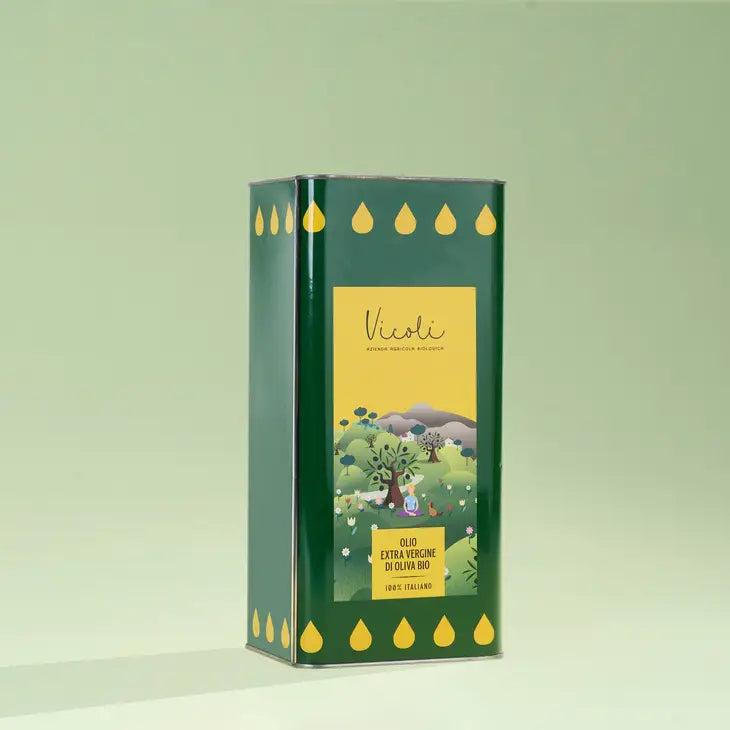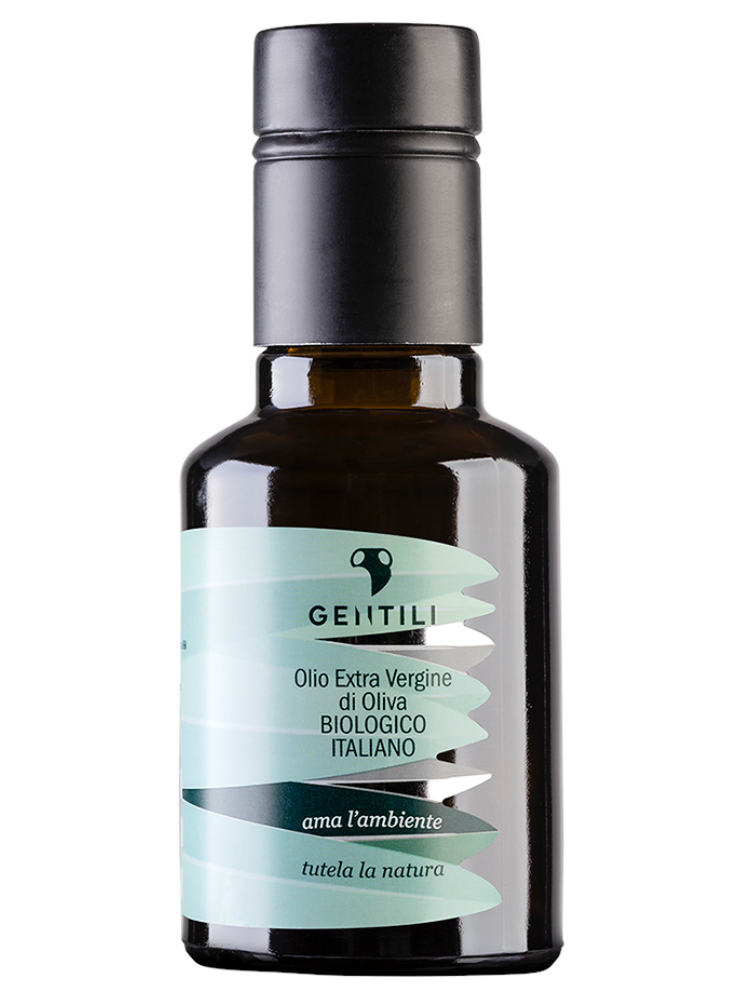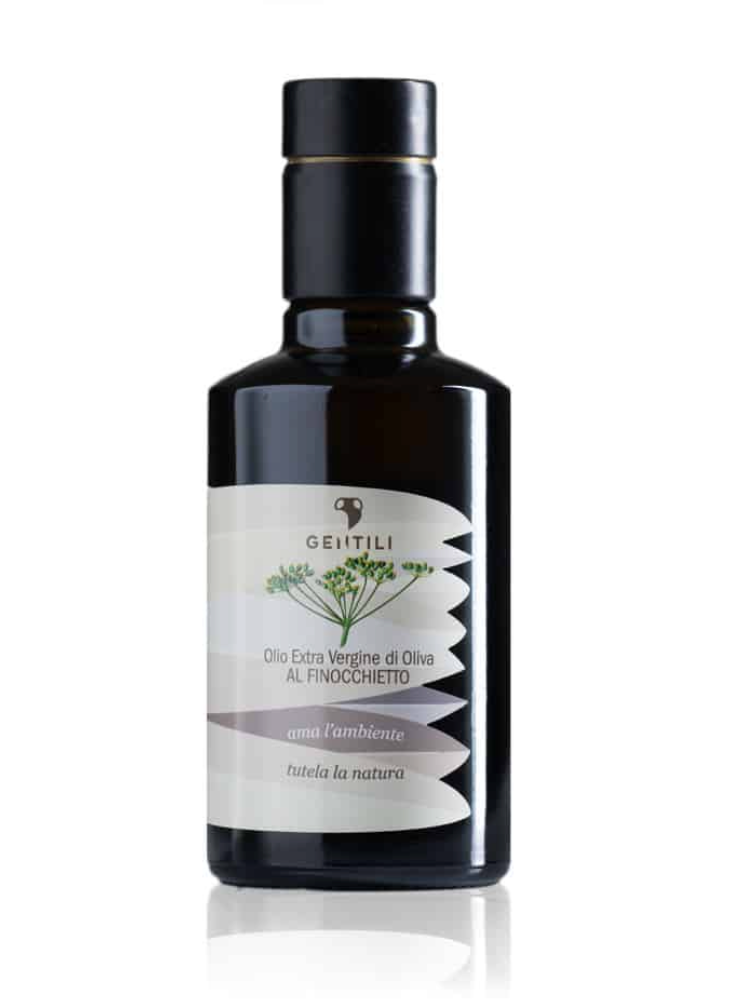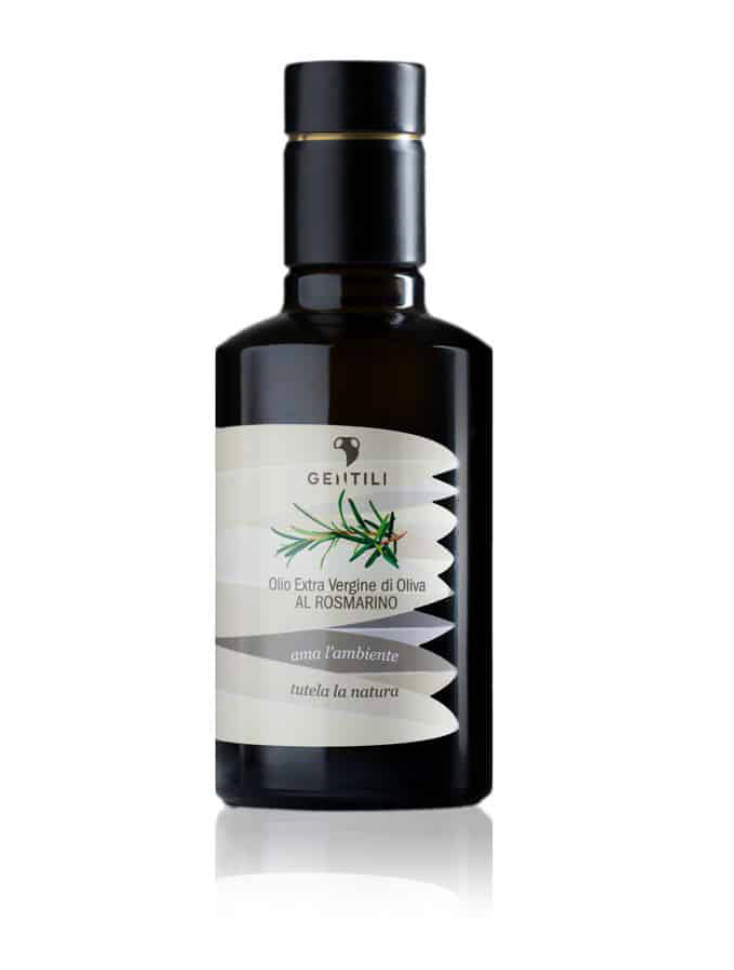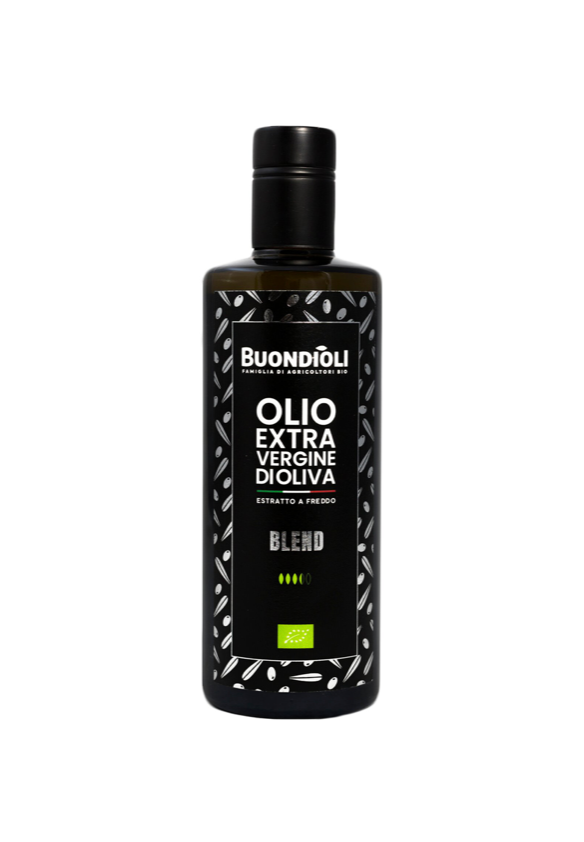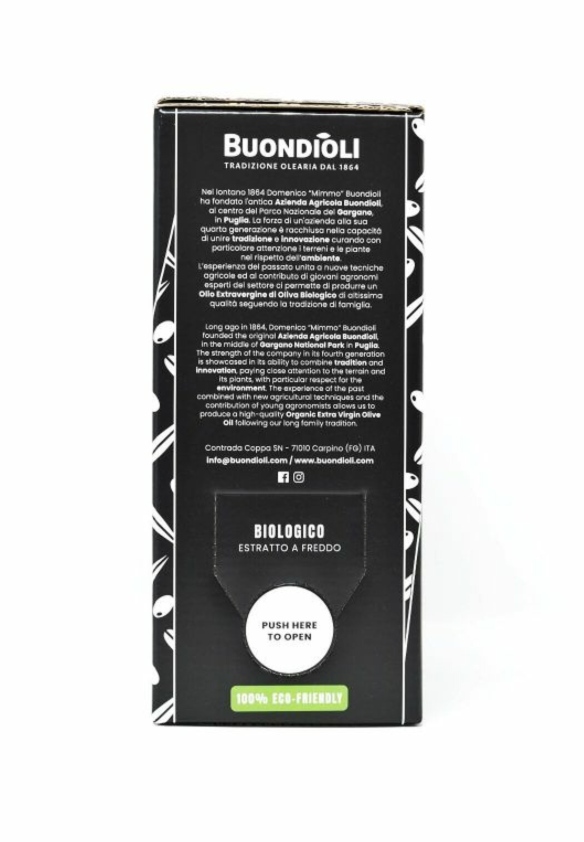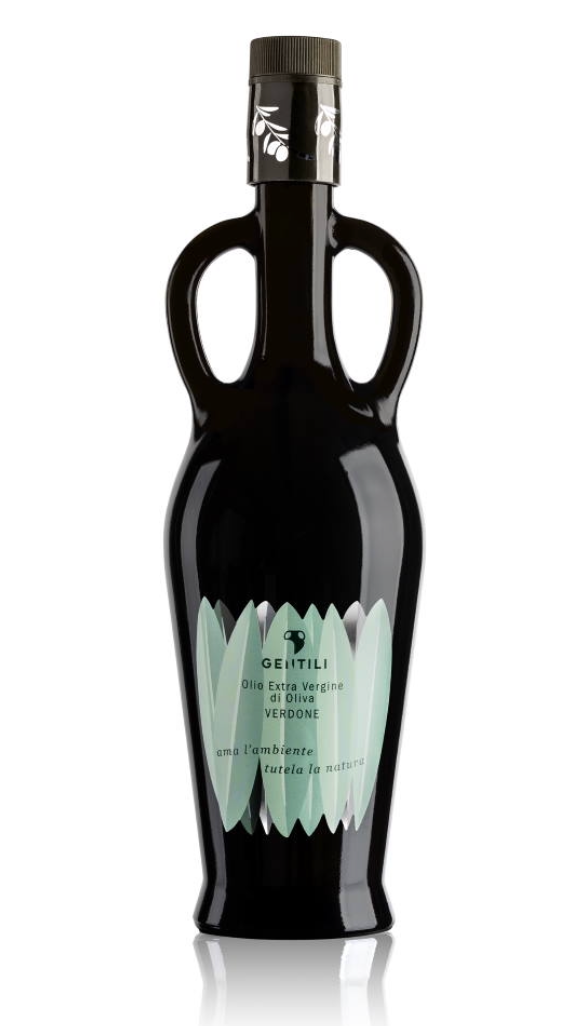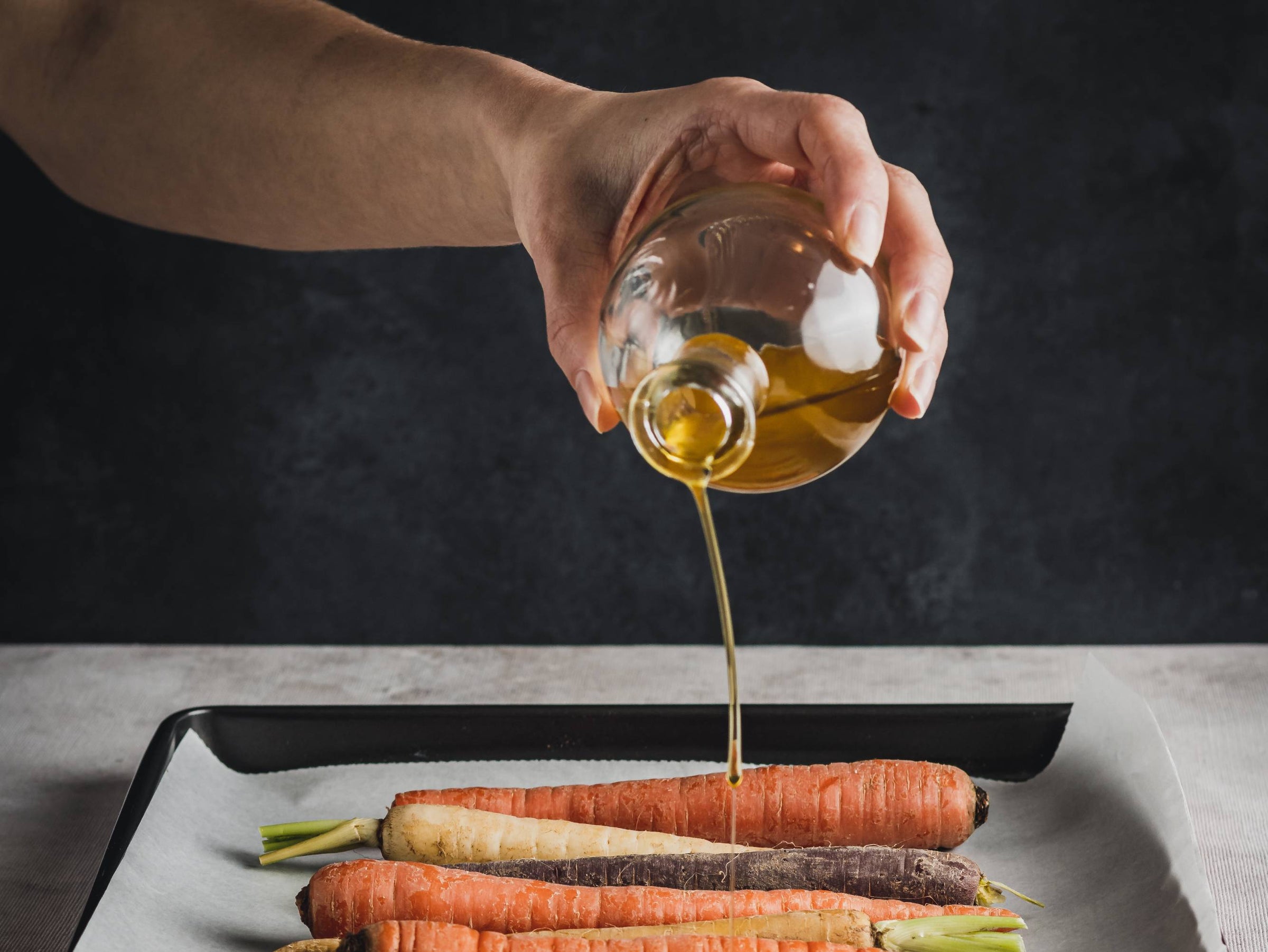
Extra Virgin Olive Oil, a Long History of Benefits
Extra virgin olive oil is a vegetable oil extracted from olives, a fruit of the Olea genus. It is a typical product of the Mediterranean diet, which has been recognized by UNESCO as an intangible heritage of humanity . It has a color that varies from green to yellow, a fruity aroma and a more or less intense flavor depending on the variety of olives used. In Italy there are over 500 varieties of olives, each with different characteristics of shape, color, flavor and yield.
Extra virgin olive oil is an important source of monounsaturated fats , which are considered “good” fats for health, helping to lower LDL (bad) cholesterol and raise HDL (good) cholesterol, and a good source of vitamin E , an antioxidant that helps protect cells from damage.
Versatile and valuable in the kitchen, you can use it both for seasoning and for cooking. It is also suitable for preparing sauces, such as mayonnaise, pestos and marinades. In Mediterranean cuisine it is used for frying , as it resists high temperatures without altering, although the flavour is heavier compared to frying made with other less full-bodied vegetable oils.
The best way to store it is in dark glass or tin containers and bottles, away from light, heat and oxygen, hermetically sealed, to avoid contact with air and humidity. In fact, it is a delicate product that can lose its qualities and beneficial properties if exposed to factors that promote oxidation and rancidity. Also avoid plastic containers, which can release harmful substances. The ideal temperature is between 12°C and 18°C, perhaps in a cool, dry place, away from heat sources such as stoves, refrigerators or radiators. Be careful to consume the oil within the minimum period indicated on the label, which is usually 12 or 18 months from the production date. Beyond this period, the oil can lose its flavor and qualities.
To recognize a good extra virgin olive oil, you need to evaluate the visual, olfactory and gustatory aspects . The visual aspect concerns the color, which must tend towards green, with shades that vary depending on the ripeness of the olives and the density of the oil, that is, a medium body and fluidity, without being too liquid or too dense. The scent must be a fruity aroma , reminiscent of olives, grass, fruit and vegetables. Finally, the flavor, balanced and harmonious, a slightly bitter and spicy taste , which denotes low acidity and a good presence of antioxidants.
Extra virgin olive oil is also used in cosmetics , to moisturize and nourish the skin and hair, and in aromatherapy, for relaxing and therapeutic massages. Extra virgin olive oil is a natural, economical and versatile product, even more effective than many industrial cosmetics. Try it in all its nuances and discover its full range of benefits.
According to Greek mythology, the olive tree was given by Athena, goddess of wisdom, to the city of Athens, in a competition with Poseidon. According to the myth, the two gods were competing for dominion over Attica, where Athens was located. Zeus decided that the one who gave the most useful and pleasing gift to the inhabitants would win. Poseidon struck the rock of the Acropolis with his trident and made a spring of water flow, but it was salty and unusable. Athena, however, planted a seed in the ground and made an olive tree grow, which gave fruit, oil, wood and shade. The Athenians, led by King Cecrops, chose Athena's gift and dedicated the city to her. Poseidon was angry and sent a great flood, but in the end he reconciled with the goddess. Athena's olive tree was considered sacred and was kept on the Acropolis for centuries.

Iscriviti al PROGRAMMA PUNTI FEDELTÀ ZiaCris
💶 e 20€ di credito da spendere nello shop ogni 250 punti accumulati

💰 3€ di credito ti aspettano!
Ottieni un credito immediato per i tuoi acquisti






